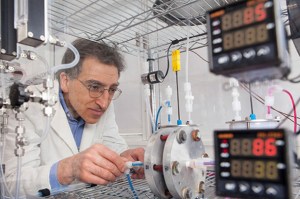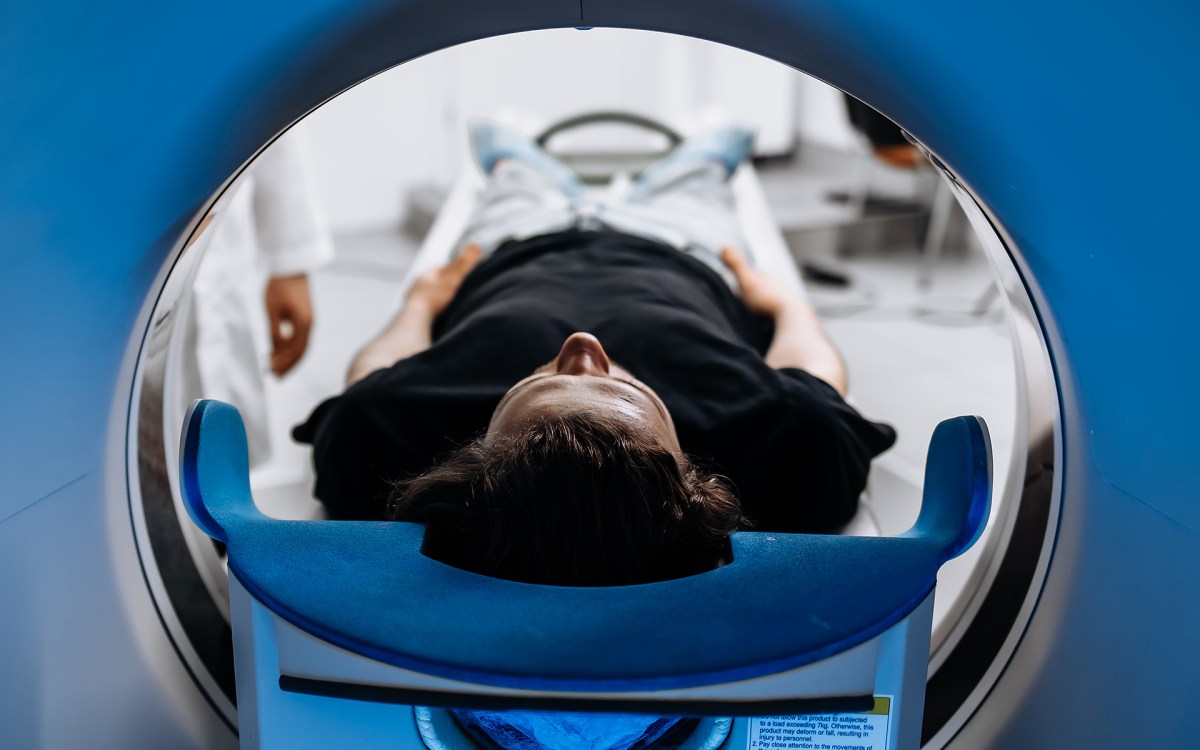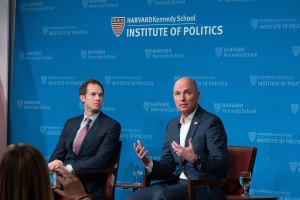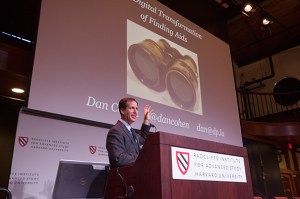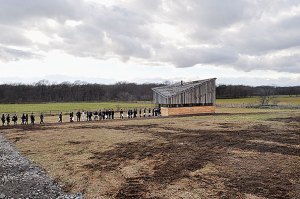Tag: Research
-
Arts & Culture
Foreshadowing feminism
Organizing and canvassing for anti-slavery petitions by women from 1833 to 1845 was a transformational training ground for suffragettes and other social activists following the Civil War.

-
Campus & Community
Harvard rolls out plan for the future
The Harvard Sustainability Plan, released today, sets a holistic vision and clear priorities for how the University will move toward an even healthier, more sustainable campus community. The five-year operational plan targets reductions in energy, water, and waste while also focusing on sustainable operations, culture change, and human health.
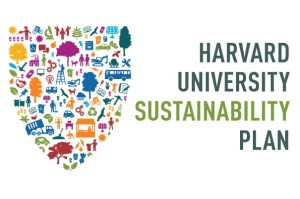
-
Nation & World
The mystery of the lake
From a single study of methyl mercury in Mexico’s largest freshwater lake, a constellation of projects has grown, all of them centered on children and environmental health.

-
Nation & World
Summering (with work) in Mexico
Harvard students discuss their summer of research in Mexico, where they gained new insights, developed fresh confidence, and realized they wanted to return.
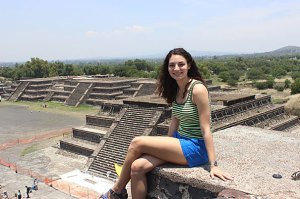
-
Science & Tech
Build your own bot
A new resource provides both experienced and aspiring researchers with the intellectual raw materials needed to design, build, and operate robots made from soft, flexible materials.
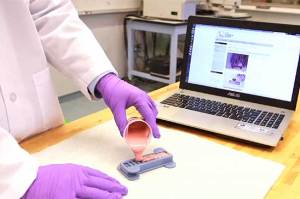
-
Science & Tech
Have silicon switches met their match?
Silicon has few serious competitors as the material of choice in the electronics industry. Now, Harvard researchers have engineered a quantum material called a correlated oxide to perform comparably with the best silicon switches.
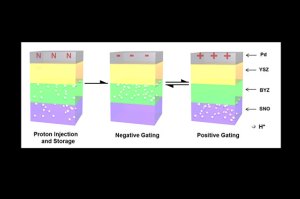
-
Science & Tech
Robot folds up, walks away
A team of engineers used little more than paper and a classic children’s toy to build a robot that assembles itself into a complex shape in four minutes, and crawls away without human intervention.
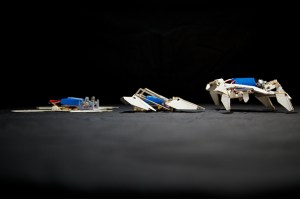
-
Science & Tech
Scholarly access to all
Digital Access to Scholarship at Harvard, a free and open portal for the University’s peer-reviewed literature, is drawing more worldwide downloads than ever.
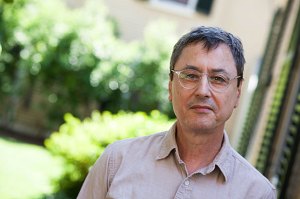
-
Arts & Culture
Early experiments in catching the eye
A new exhibit at the Business School illustrates the rise in America of artful, profit-making, culture-shaking advertising from 1865 to 1910.

-
Nation & World
Old Harvard, old France, old crime
An exhibit drawn from the holdings of the Harvard Law School Library combines detailed scholarship with a touch of scandal.

-
Health
A malignant ‘switch’ in breast cancer
A team of researchers led by David J. Mooney, Robert P. Pinkas Family Professor of Bioengineering at the Harvard School of Engineering and Applied Sciences, has identified a possible mechanism by which normal cells turn malignant in mammary epithelial tissues, those frequently involved in breast cancer.
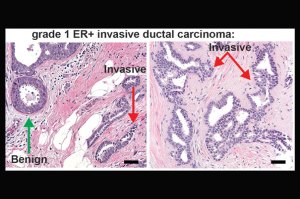
-
Health
Unmasking a viral invader
A study from Harvard Medical School provides the first comprehensive description of how cytomegalovirus, or CMV, hijacks human cells and suggests entirely new ways to combat the infection.
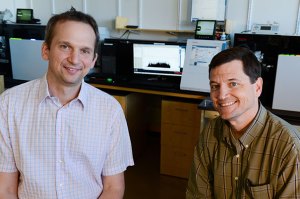
-
Campus & Community
Support on the cutting edge
Supporter James A. Star ’83 was on hand at a ceremony to honor the inaugural winners in the Star Family Challenge for Promising Scientific Research.
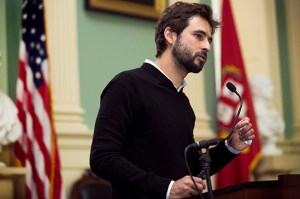
-
Nation & World
Relief and research
Peter Maurer, the president of the International Committee of the Red Cross, was at Harvard recently to explore possible collaborations with the School of Public Health and the Kennedy School.

-
Health
New childhood TB cases double earlier estimates
Harvard researchers have estimated that around 1 million children suffer from tuberculosis annually — twice the number previously thought to have the disease and three times the number of cases diagnosed every year.
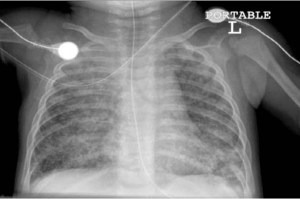
-
Science & Tech
Out of disaster, a new design
A team of students from Harvard’s Graduate School of Design, just back from Japan, took home first prize in an international competition for solutions to sustainable recovery in a region of Japan devastated by a triple disaster in 2011.

-
Science & Tech
Robots to the rescue
Inspired by termites’ resilience and collective intelligence, a team of computer scientists and engineers at the Harvard School of Engineering and Applied Sciences and the Wyss Institute for Biologically Inspired Engineering at Harvard University has created an autonomous robotic construction crew. The system needs no supervisor, just simple robots that cooperate.
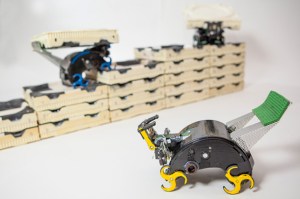
-
Science & Tech
A decidedly mixed bag
A new research paper from Harvard Business School says food shoppers who bring their own bags are more likely than those who use disposables to buy healthy organic goods, but also treats like ice cream and chips.

-
Health
At the Arboretum, an unquiet winter
Despite the dormant appearance of the trees, the Arnold Arboretum isn’t waiting for spring, as pruning, mowing, research, and planning continue to move ahead at full speed.

-
Health
Neanderthals’ DNA legacy linked to modern ailments
Remnants of Neanderthal DNA in modern humans are associated with genes affecting type 2 diabetes, Crohn’s disease, lupus, biliary cirrhosis, and smoking behavior. They also concentrate in genes that influence skin and hair characteristics. At the same time, Neanderthal DNA is conspicuously low in regions of the X chromosome and testes-specific genes.

-
Health
Researchers create embryonic stem cells without embryo
Researchers have created embryonic stem cells without an embryo. This discovery of a novel reprogramming method of adult cells, without introducing external genetic material, could dramatically shift stem cell research.
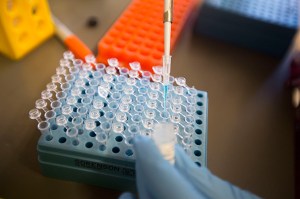
-
Health
In search of nature’s camouflage
Cuttlefish, the “chameleon of the sea,” may offer researchers a model for bio-inspired human camouflage and color-changing products, some of which could be invaluable in wartime.

-
Science & Tech
Architectural fever dreams
Master’s degree students in architecture present thesis topics in a traditional daylong January event that draws critical crossfire and praise.
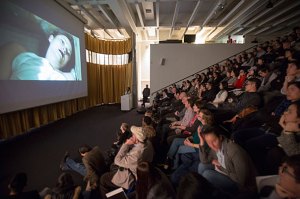
-
Health
Vitamin D could slow MS progression
For patients in the early stages of multiple sclerosis (MS), low levels of vitamin D were found to strongly predict disease severity and hasten its progression, according to a new study led by Harvard School of Public Health (HSPH) investigators in collaboration with Bayer HealthCare.

-
Health
‘Beige’ cells key to healthy fat
“Beige fat” cells found in healthy subcutaneous fat in mice play a critical role in protecting the body against the disease risks of obesity, report Harvard researchers at the Dana-Farber Cancer Institute, who say their study findings may have implications for therapy of obesity-related illness in humans.

-
Health
Bio-inspired glue keeps hearts securely sealed
The waterproof, light-activated glue developed by researchers at Harvard-affiliated Brigham and Women’s Hospital and Children’s Hospital Boston and their colleagues at MIT can successfully secure biodegradable patches to seal holes in a beating heart.
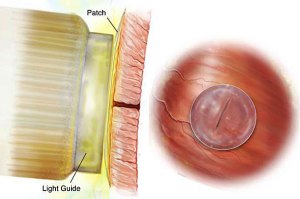
-
Science & Tech
Battery offers renewable energy breakthrough
A team of Harvard scientists and engineers has demonstrated a new type of battery that could fundamentally transform the way electricity is stored on the grid, making power from renewable energy sources such as wind and sun far more economical and reliable.
